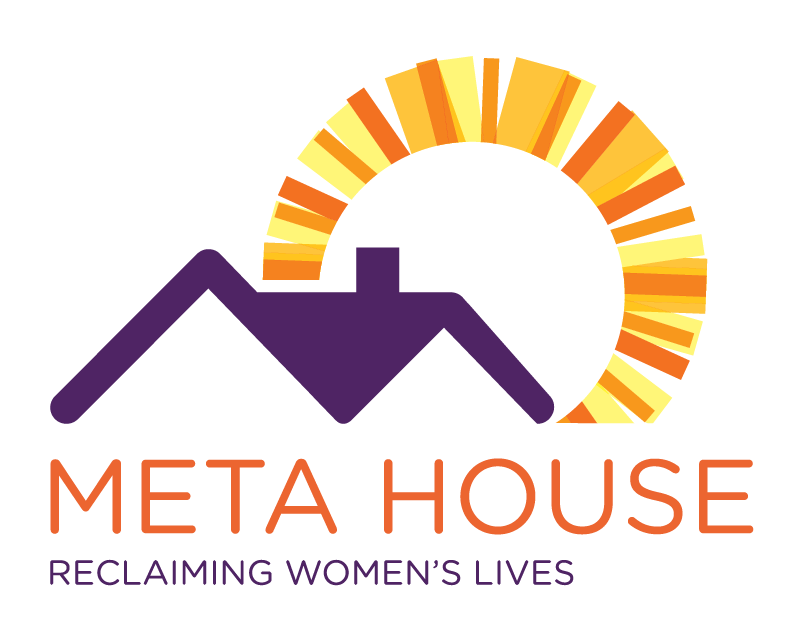Our History
1963
“Our Home Foundation, Inc.” was born in Milwaukee, WI to create a place where women who struggled with a dependence to alcohol could be treated for their disease instead of being sent to jail. A home was established at 2843 W. State St. with room to help seven women recover from alcoholism. The house originally belonged to Mrs. Meta Orth and quickly became known among its residents as “Meta’s House.” The organization officially adopted the “Meta House” name in 2000. Since its establishment in the early sixties, Meta House has celebrated many remarkable accomplishments.
1970
Meta House moves to two side-by-side homes on N. Farwell Ave. and gains space for 11 clients. Treatment begins to address several aspects of substance use disorders.
1985
Meta House adds another facility - on N. Maryland Ave. in the Shorewood neighborhood - and eight more beds to its resources.
1988
The agency purchases the former St. Casimir’s convent on N. Bremen St., creating the first residential treatment program in Wisconsin for women and their children.
1989
Executive Director Francine Feinberg is named by the Milwaukee Journal as one of the 90 People to Watch in the ’90s, an article highlighting leaders who would shape the decade.
1997
The agency acquires the rectory next door to Meta House’s residential treatment program facility, allowing it to accommodate a total of 35 women and 15 children at a time.
1998
Meta House begins a collaboration with Step Industries, a job-training program for people in recovery. Meta House also creates an outpatient treatment program for women who need supportive recovery services throughout the day.
1999
Meta Housing is born with the purchase and rehabilitation of a 12-unit apartment building on West Locust St. This building becomes the agency’s first phase of a recovery community, where women and their children focus on getting back on their feet in a substance-free, supportive environment.
2000-2003
Meta Housing expands when the organization constructs three apartment buildings on N. 1st St. to provide long-term housing and supportive services to families headed by homeless women in recovery. Meta Housing now offers 27 families in early recovery a safe, substance-free and supportive community in which to live.
2003
The outpatient program capacity doubles. The agency can now accommodate up to 35 women and 15 children in its residential program, up to 50 women in the outpatient program and can house 27 families in its transitional facilities.
2004
Meta House begins its Maternal Health Project, expanding specialty services to pregnant, postpartum and parenting women and their children. The agency helps the State of Wisconsin win a 3-year, $22.8 million Access to Recovery grant used to double the capacity of Milwaukee County’s substance use disorder treatment voucher system. Dr. Francine Feinberg receives the Women’s and Children’s Substance Treatment Innovator Award from the Federal Center for Substance Abuse Treatment.
2005
Meta House is featured in President Bush’s 2006 Federal Budget for Health and Human Services, and the President spoke about Meta House’s successful model during his March address to the White House Faith-Based and Community Initiatives Leadership Conference.
2006
Executive Director, Dr. Francine Feinberg, is appointed to the National Advisory Council on Maternal, Infant and Fetal Nutrition Council for a 3-year term. She was also named a Champion in Women’s Health by Wisconsin Women’s Health Foundation, Inc.
2008
Dr. Francine Feinberg is selected by the Substance Abuse and Mental Health Services Administration (SAMHSA) as a member of the National Advisory Panel.
2009
Meta House moves its outpatient clinic and administrative center to a newly-renovated facility adjacent to its residential buildings, forming a campus-like setting. Dr. Francine Feinberg is distinguished as a Woman of Influence by the Milwaukee Business Journal.
2010
Meta House begins a collaborative partnership with the Bureau of Milwaukee Child Welfare and the Milwaukee County Children’s Court; this pilot project is intended to keep children safely with mothers who struggle with substance use disorders.
2012
After 29 years,(1983-2012) Executive Director Dr. Francine Feinberg retires. Her leadership and influence in the Milwaukee community helped Meta House become the outstanding organization it has become today, helping women recover from the devastating effects of substance use disorders. Amy Lindner, an attorney and Meta House Board member, begins her tenure as President and CEO on August 1, 2012.
2013
The agency celebrates 50 years of providing comprehensive addiction treatment services to Milwaukee families.
2015
The agency opens Shorewood House, a private-pay residential treatment program licensed to serve eight women at a time.
2018
Valerie P. Vidal, an attorney and Meta House Board Member, joins Meta House as President and CEO on March 5, 2018.
Valerie Vidal, President & CEO
Valerie Vidal joined Meta House in Spring 2018 as President and CEO.
Prior to joining Meta House, Valerie practiced law at Quarles and Brady LLP as a litigator and member of the firm’s Professional Liability and Financial Services Industry teams.
Throughout her career, Valerie has been recognized for her pro bono work as well as her community service. Most recently, Valerie was recognized by the Milwaukee Business Journal as a Woman of Influence in 2021 and was a prior “40 Under 40” award recipient.
Valerie is a Fellow and Outreach Committee member for the Leadership Council on Legal Diversity and proud alum of the United Way of Greater Milwaukee & Waukesha’s Partnership MKE program. Valerie is also a member of several local organizations committed to identifying quality mental health and substance use disorder services, advocating for consumers, and reducing stigma.

